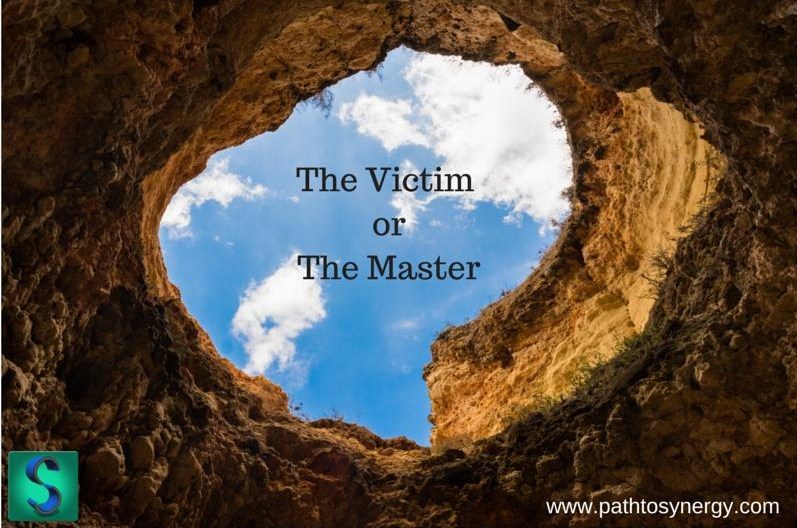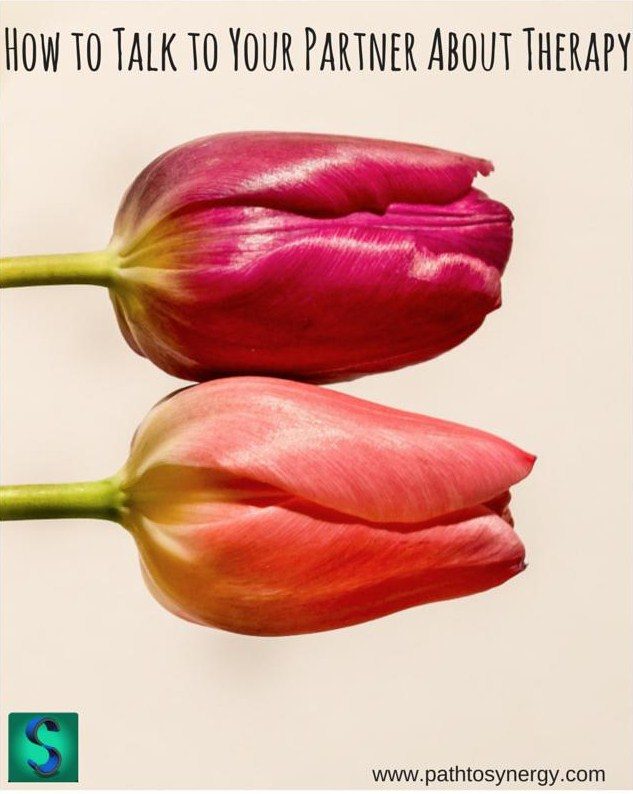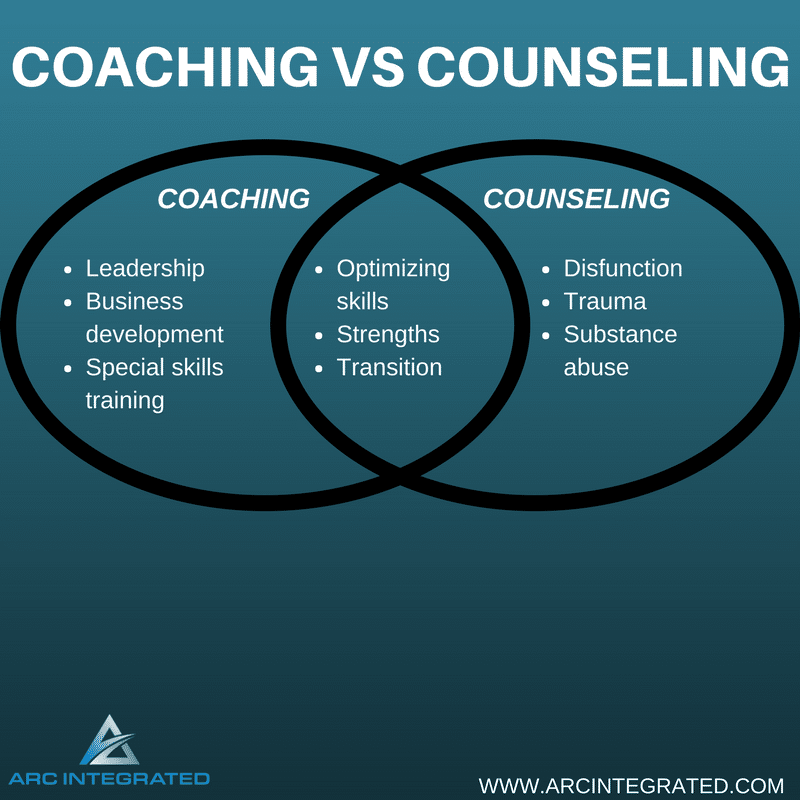The Victim or The Master

An exploration of how we can choose to be victims or masters of our lives. Through changing our perceptions we have the opportunity to change negative situations into opportunities for growth and development.
How to Talk to Your Partner About Therapy

Learn how to talk to your partner about therapy, communication strategies and helpful reminders.
Counseling vs Coaching

Differences and similarities between counseling and coaching. Different types of coaching as well as credentialing within coaching and how to choose a therapist or coach.